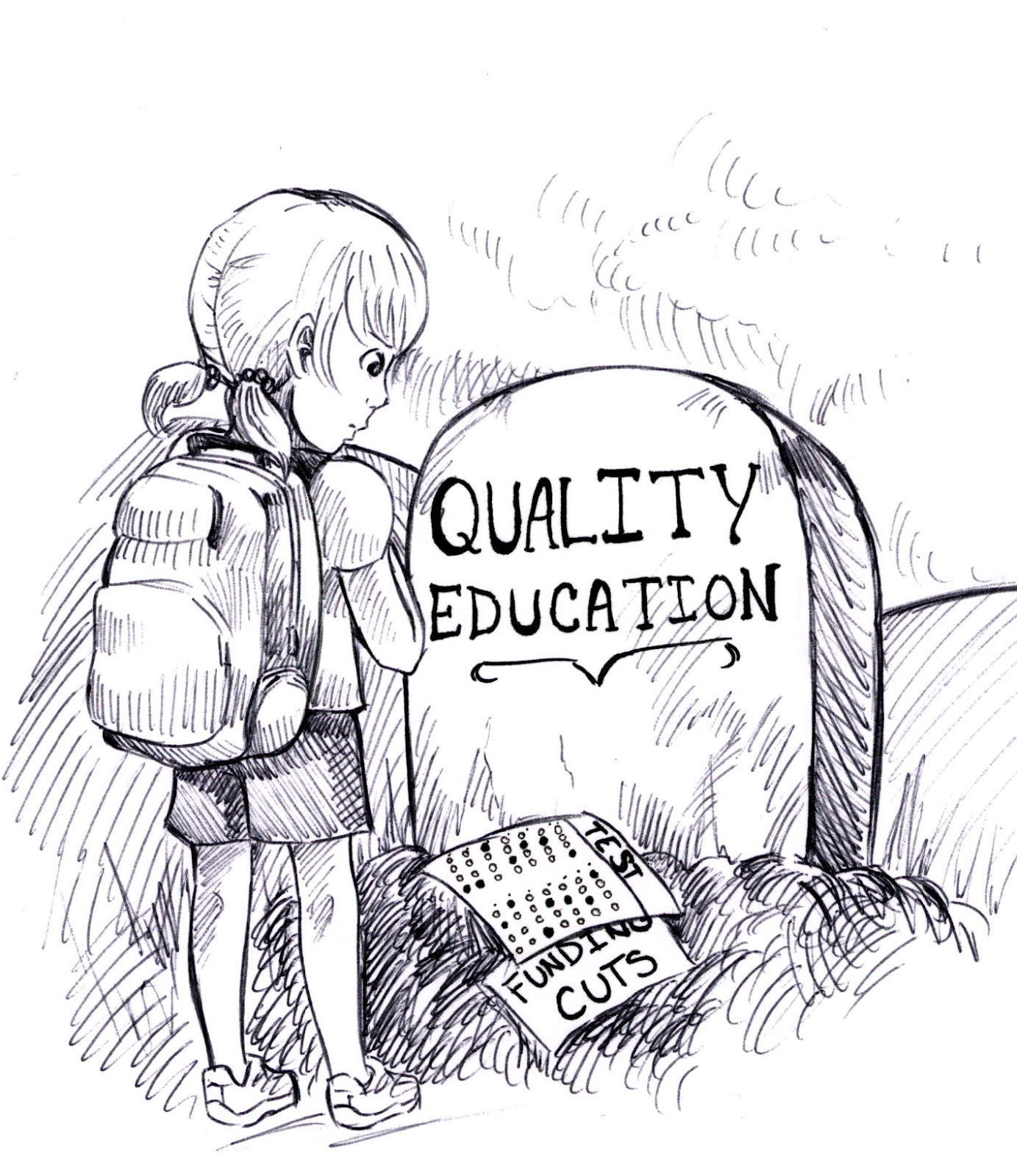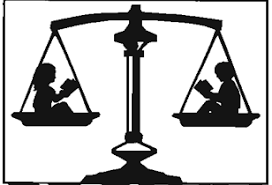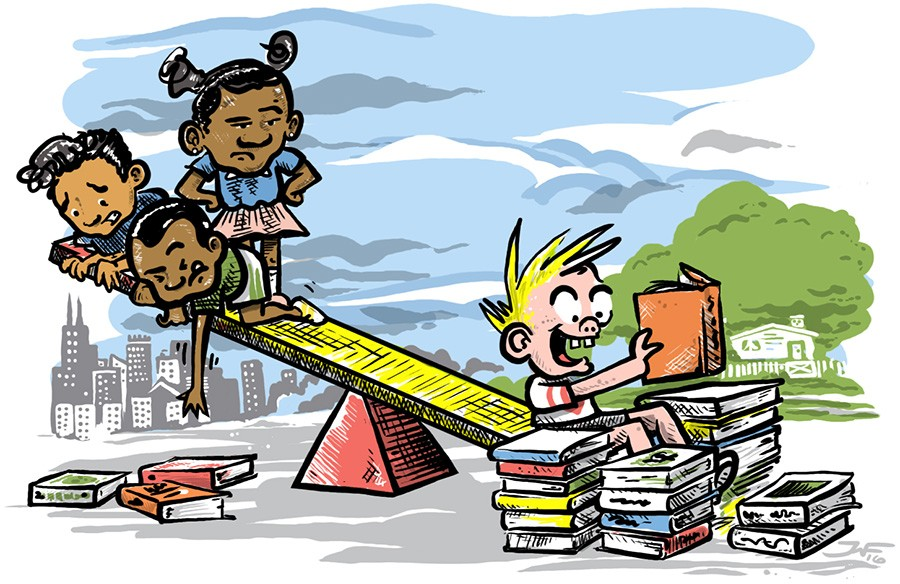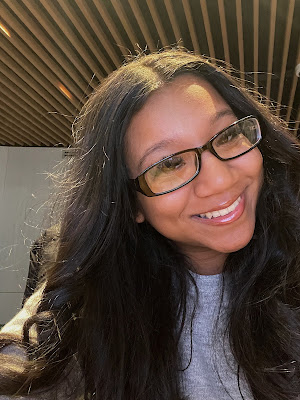The last part of School: The Story of American Public Education leaves readers wondering what future improvements can be made to the public school system. The urgency to find innovative ways to educate children was pushed by President Raegan. President Raegan’s decisions were economically driven because other countries surpassed the U.S. in the race to space or auto manufacturing. More academically advanced children will later lead to better doctors, scientists, mechanics, etc which would better the country's economy. Raegan constructed a report named “A Nation At Risk” to ignite some fire in the public school system that would push administrators and teachers to brainstorm new techniques. The report claimed that the failing education system posed a threat to national security.
The efforts of administrators and teachers led to more standardized testing, higher standards, and magnet/ progressive schools. School choice gave students more individualism in the education system. It provided parents a chance to choose their children’s education plans to fit their children’s academic needs regardless of the school district they live in. As mentioned in the book, money has always had a huge effect on the education system in place. At the beginning of the book money was the leading cause for people opposing the idea of free education for U.S. citizens. People did not want their taxes going towards educating children that weren’t theirs, from a different background, or did not include their religious beliefs. Now that the economy is being affected by the education system and not the other way around, it’s been given the recognition it deserves. The public education system deserves to be put on a pedestal because as the book stated, Thomas Jefferson once said that education is the key to keeping democracy alive.
Raegan’s report claimed that the declining academic posted a threat to national security because education is a weapon. Education provides people with strategic plans for their endeavors and moving wise can take you farther than anything else. Education is beyond powerful and can take people far; this power should be available to everyone. Everyone deserves a chance to move up in society and be able to live a sustainable life without having to depend on others to do things for them because they are uneducated. If the education system had a better way to receive funding or funds were more available and focused on the education system, there would be a lot more mobility in society.
If education was more available we’d probably have fewer shortages of healthcare workers. The education system has moved mountains for the citizens of the U.S. and it can continue working wonders but people have to recognize its significance. The country also has to recognize the flaws with the system in place. Higher property taxes in certain areas allow schools in that area to receive more funding creating a huge educational gap between children based on their family background/income. It creates yet another setback that children face when born into a low-income family and another privilege for privileged kids. There are so many intelligent students out there that can’t prosper because their environment doesn’t allow it; imagine if they were given the chance to overcome their obstacles and flourish academically.






:max_bytes(150000):strip_icc()/American-Dream-ADD-Source-1354a3da787248f89b8811f87c91ec5f.jpg)




